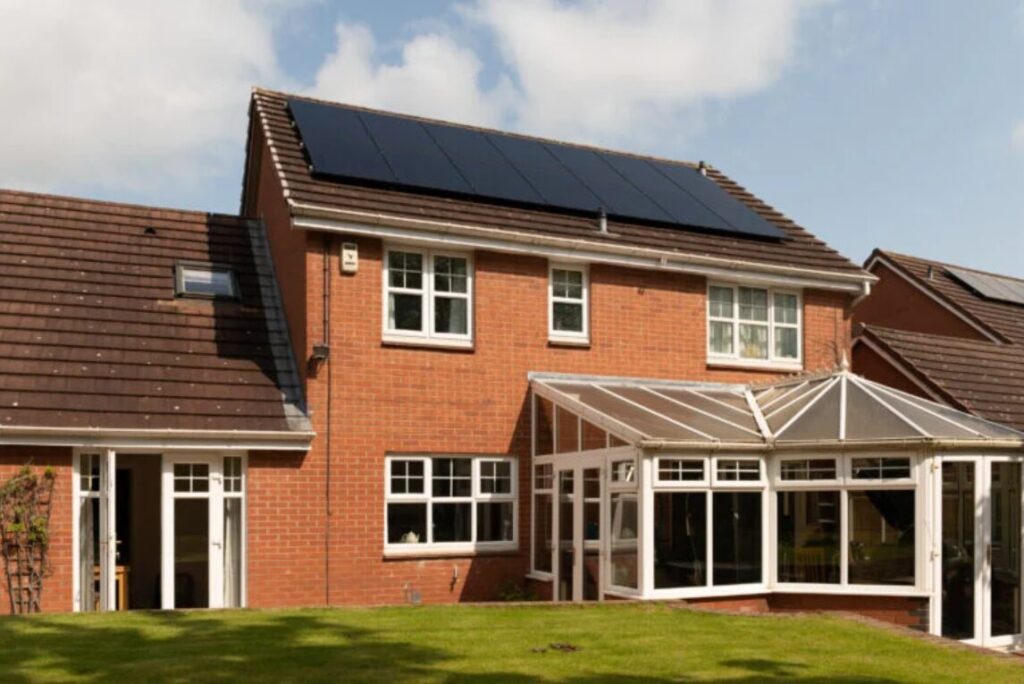
British energy company Good Energy Group PLC has announced that an export tariff of 40p per kilowatt-hour will be available for customers of its solar branch, Good Energy Solar.
The new export rate, which is fixed for 12 months, is double the company’s previous “Solar Savings Exclusive” rate, and Good Energy claims it is the highest available on the market. It launched its first export tariff, “Power for Good”, in March 2023.
Good Energy customers who have installed a solar array and battery storage through Good Energy Solar, have a smart meter and are on one of Good Energy’s supply tariffs will be able to access the higher export payments.
Tom Parsons, director of sales and origination at Good Energy, said: “Since Good Energy launched HomeGen – the first ever export tariff for UK homes with solar – 20 years ago, we have been committed to helping people to become generators of renewable power themselves. With this new export rate, we are continuing to help microgeneration make financial sense.
“Doubling what was already a competitive export tariff to match the best rates on the market shows exactly that – providing a one-stop solution for green-minded customers and offering a suite of products that help them simultaneously reduce carbon and save money. By focusing on multiple products and tariffs that work in tandem, we are working to incentivise customers to embark on a deeper and broader relationship with us and boost their overall lifetime value.”
Rewarding existing energy customers
Good Energy says that the announcement of its increased export tariff reinforces its commitment to rewarding its existing customers – something that has been a contentious topic in the industry of late.
As reported in-depth on our sister site, Current±, in May, the UK energy regulator Ofgem opened a consultation on removing the ban on acquisition-only tariffs (BAT).
Acquisition-only tariffs are a way for energy suppliers to entice new customers to move suppliers by offering them cheaper prices. A ban was enforced in April 2022 to protect consumers during the energy crisis, which left 3.2 million people without electricity in 2022.
The industry response was overall negative. Rachel Fletcher, director of economics and regulation at Octopus Energy, said that removing the BAT would usher in a return to the energy industry’s ‘Wild West’.
She added: “The loyalty penalty was a key reason 30 energy companies went bust, and ended up adding billions of pounds on to energy bills. Ofgem was right to ban these unsustainable ‘Del Boy’ tactics, and it would be crazy to bring them back now.”
On 30 July, the regulator announced it would retain the BAT in order to “better understand its impact on the retail market”.
With the government’s climate policy framed around reducing consumer costs, it has promised that the turn to renewable generation will “slash bills”. Ofgem’s own data reveals that the number of households in energy debt and arrears has risen by 20% since 2023, with 2.3 million households in debt and arrears; a state-owned Great British Energy company should alleviate this strain, as well as improving the UK’s energy security and reducing stresses on providers.

